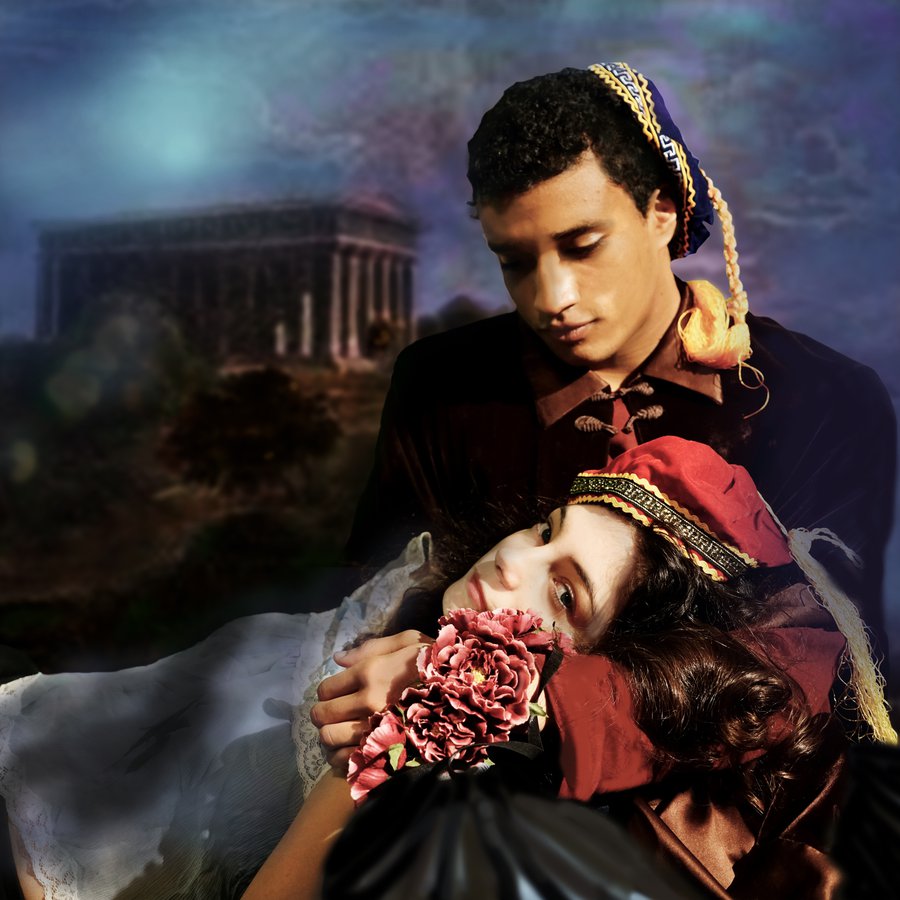
Byronic Heroes - Siege Of Corinth Francheska Alp
Anya and Andrew Shiva Gallery
John Jay College of Criminal Justice
City University of New York
860 West 11TH Avenue
New York, NY 10019
Transplants:
Greek Diaspora Artists
Curated by Dr. Thalia Vrachopoulos
SYMPOSIUM:
May 2, 2018, from 4:00-5:30 pm in Room L2.84, New Building
OPENING RECEPTION:
May 2, 2018, from 6:00-8:00pm
ON DISPLAY:
May 2nd, 2018, through June 28th, 2018
Eozen Agopian, Maria Anasazi, Maria Antelman, Eleana Antonaki, Pedro Barbeito, Laura Dodson, ELECTROS aka Babis Vekris, Peter D. Gerakaris, Morfy Gikas, Yorgos Giotsas, Mary Grigoriadis, Mark Hadjipateras, Maria Karametou, Zoe Keramea, Georgia Lale, Alexandros Lambrovassilis, Eirini Linardaki, Aristides Logothetis, Despo Magoni, Georgette Maniatis, Nicholas Moore, Eleni Mylonas, George Negroponte, Ioanna Pantazopoulou, Alexandros Papadopoulos, Antonia Papatzanaki, Costas Picadas, Konstantinos Stamatiou, Panos Tsagaris, Philip Tsiaras, Lydia Venieri, Adonis Volanakis, and Lilia Ziamou.For more information please contact:
The Anya and Andrew Shiva Gallery
John Jay College of Criminal Justice
860 11th Avenue
New York, NY 10019
gallery@jjay.cuny.edu
212-237-1439
www.shivagallery.org
Gallery Hours: 10 AM- 6 PM, M – F
The Anya and Andrew Shiva Gallery at John Jay College of Criminal Justice of the City University of New York, proudly presents Transplants: Greek Diaspora Artists.
This exhibition will be accompanied by a symposium moderated by the show’s curator Dr. Thalia Vrachopoulos, at 4 PM the same day, in Room L2.84, New Building with guest speakers Professor Nicholas Alexiou of Queens College, Dr. George Andreopoulos is the Director of the Human Rights Institute at John Jay College of Criminal Justice and at the Graduate Center, fine artist Peter Gerakaris, and art critic Jonathan Goodman. The exhibition explores the unique nature of diasporic art by Greek-American avant-garde artists in the age of globalism. The efforts I am addressing in the exhibition relate both to the artists’ original and transplanted contexts. The art being discussed illustrates the artists’ acculturation process through the creation of a new esthetic and a new social milieu; these artists are also developing ways of seeing that incorporate influences from their country of birth. Today, the position of artists is transitional, a global phenomenon; it transforms the artists’ first, formative conditions and insights and reworks them into their present circumstances. In their metamorphosis of a new social position, the result of a changed geography, we find a rich tapestry of innovative ideas, philosophies, media and styles.
As this exhibition demonstrates, expatriate Greek artists speak to the concept of trans-nationalism. The immigrant experience begins with an initial period of acculturation, which is usually accompanied by trauma and deprivation. These negative experiences are especially true for artists, who usually don't have the infrastructural support or financial means to navigate foreign waters. The lack of resources means that the artists’ process is extremely demanding; socially, psychologically and culturally it becomes necessary for them to adapt to their host’s norm.
Partly due to globalization, but recently, also because of a devastated Greek economy, more and more artists have sought a place to work in a fertile and famous art market like New York’s. It is to everyone’s benefit when global consciousness brings about tolerance, multi-ethnicity and equality. In this exhibition, Greek diaspora artists, who are playing an active role in contemporary globalism, communicate their background as well as the show’s message, namely, the beneficial aspects of the integration and acculturation process. We know that, in a major way, their art demonstrates nostalgia for the old country, as well as the discomfort of acculturation. Their transplanted experience is key to this exhibition.
About John Jay College of Criminal Justice: An international leader in educating for justice, John Jay College of Criminal Justice of The City University of New York offers a rich liberal arts and professional studies curriculum to upwards of 15,000 undergraduate and graduate students from more than 135 nations. In teaching, scholarship and research, the College approaches justice as an applied art and science in service to society and as an ongoing conversation about fundamental human desires for fairness, equality and the rule of law.